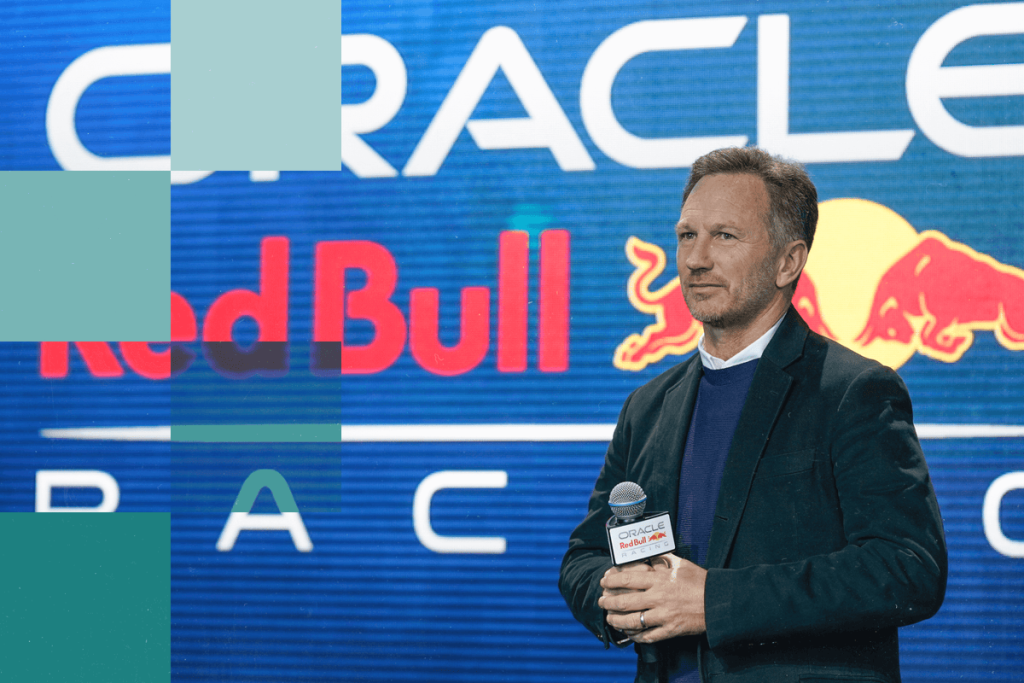In the final stages of the 2022 season, Red Bull Formula One boss Christian Horner embarked on a mission to secure a new manufacturer partnership following Honda’s exit from F1 in 2021. His quest took him to Ford Motor Company, where fruitful discussions with Ford’s motorsport boss Mark Rushbrook, company chairman Bill Ford, and president and CEO Jim Farley, led to a promising partnership to be launched in 2026. This partnership between Red Bull and Ford marks an historic return of the American automotive giant to the F1 grid after being absent for over two decades, and comes in perfect time for F1’s new engine regulations.
After Honda’s departure, Red Bull was faced with alternatives like Ferrari or Mercedes, which could potentially be detrimental to Red Bull’s tactical operations. These circumstances led the team to consider developing its own engine, a critical decision, that though carrying a sizable investment risk, meant that Red Bull could wield control over its destiny. Red Bull then contemplated a partnership with Porsche, but this pursuit was truncated by disagreements over ownership stake, which led Red Bull to seek alignment with Ford.
Horner’s encounter with Ford happened fortuitously, catalysed by a simple email from Mark Rushbrook proposing a Red Bull and Ford alliance. The shift in the industry’s tech regulations toward Electrification and sustainable fuels, coupled with F1’s soaring global popularity provided the perfect lure for Ford to revisit F1, further grooming their image as innovators in the industry.
The subsequent deliberation over Ford’s mode of entry involved consideration of buying an existing team or starting a power unit division from scratch. However, leanings toward a partnership-based model informed the decision to join forces with Red Bull, given Ford’s history of past difficulties in handling F1 operations and their preference not to run teams independently.
The partnership was officially announced in February 2023 and Ford commits to the next cycle of power unit regulations from 2026 to 2030. As a result, Ford re-enters F1 after a 22-year hiatus partnering with a championship-winning team, boosting the prospects of tech transfer, marketing, and research and development without the heavy liabilities of owning a team or an entire engine programme. On the other hand, Red Bull gains a partner with the expertise and resources to ensure their nascent engine programme is neck and neck with industry powerhouses like Ferrari and Mercedes.
Work on the first Red Bull Ford powertrain is already underway, given the huge ramifications of the 2026 regulatory changes on team performance. To this end, Red Bull Powertrains has overseen vast recruitment and construction efforts to ramp up the operations for the 2026 programme. While the success of the partnership will only be evident from 2026 onwards, the groundwork laid so far and continued commitment from both teams guarantees a passionate challenge to their rivals, leveraging Red Bull’s impressive track record and Ford’s rich history of experience in automotive manufacturing.


